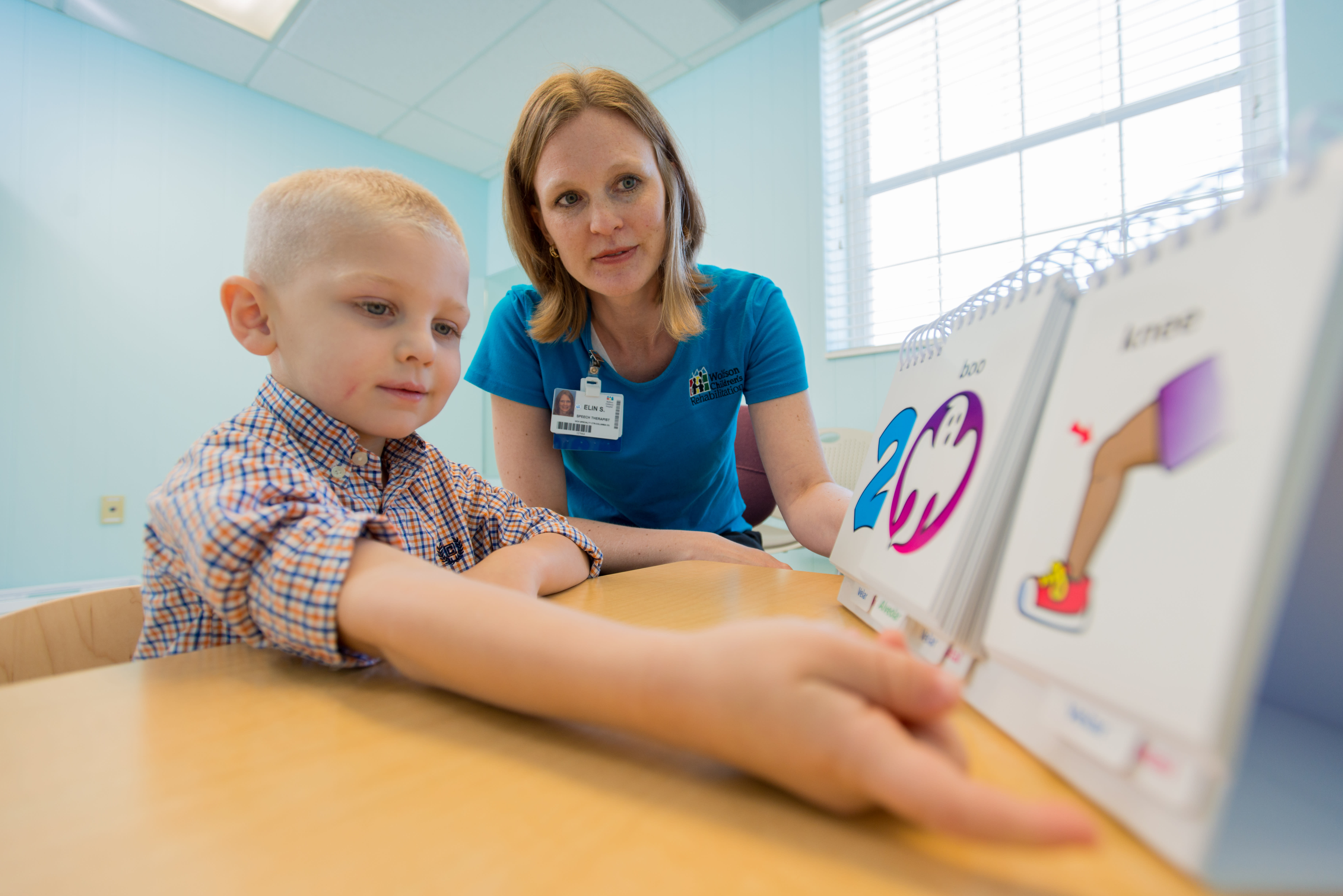How a Speech Pathologist Supports Enhance Communication Skills
Exactly How a Speech Pathologist Can Assist Improve Interaction Abilities
Efficient communication is a cornerstone of professional and individual success, yet many people face obstacles that impede their ability to reveal themselves plainly. A speech pathologist is equipped to resolve these barriers via targeted evaluation and treatment methods tailored to each individual's needs.
Comprehending Communication Conditions
Comprehending interaction disorders is essential for acknowledging how they affect people' ability to share themselves and engage with others. Interaction disorders include a wide variety of troubles that affect speech, language, and social communication, often impeding effective communication. These problems can arise from different variables, including neurological conditions, developing hold-ups, physical disabilities, or psychological issues.
Speech conditions might manifest as difficulties in expression, voice, or fluency manufacturing, influencing how words are noticable or talked. Language problems, on the various other hand, involve obstacles in understanding or making use of language, which can impede both verbal and non-verbal interaction. Social interaction problems are identified by difficulties in the pragmatic facets of interaction, such as taking kip down discussion or understanding social cues.
The consequences of communication conditions are profound, affecting not just the individual's ability to convey emotions and ideas yet also their social relationships, educational opportunities, and total lifestyle. Awareness of these problems can foster compassion and assistance, urging effective strategies for communication and engagement. Understanding the intricacies of interaction conditions is a vital action towards promoting inclusivity and dealing with the needs of those affected.
Duty of a Speech Pathologist
Speech pathologists regularly play a crucial duty in dealing with and identifying communication problems, using a variety of evidence-based techniques customized to each person's demands. These experts deal with people throughout the life expectancy, from children with speech hold-ups to adults recuperating from strokes or distressing brain injuries. Their competence encompasses a selection of interaction issues, consisting of articulation, language, voice, and fluency problems.
In healing settings, speech pathologists use structured treatments designed to improve communication skills. They might execute strategies such as speech workouts, language games, and social interaction training to facilitate enhancements in receptive and meaningful language capabilities. Speech Pathologist. In addition, they inform customers and their families regarding effective communication techniques and flexible methods to navigate day-to-day interactions
Beyond direct treatment, speech pathologists collaborate with various other medical care teachers, caretakers, and experts to guarantee a thorough approach to treatment. They support for clients by offering sources and assistance, enabling individuals to achieve their communication objectives and boost their overall lifestyle. As specialists in the area, speech pathologists are important in promoting efficient interaction, advertising freedom, and boosting social engagement for those with interaction challenges.
Assessment and Diagnosis Process
The assessment and diagnosis process conducted by speech pathologists usually entails a comprehensive evaluation to identify communication disorders accurately. This procedure starts with a thorough medical history, where the clinician gathers relevant information about the individual's clinical, instructional, and developmental background. Comprehending the context of the individual's interaction troubles is essential for an accurate medical diagnosis.
Adhering to the instance history, speech pathologists make use of standard examinations and informal assessments to review numerous elements of communication, consisting of speech noise production, language comprehension, meaningful language, and social communication skills. These analyses are tailored to the person's age and details worries, offering valuable information for analysis.
Monitoring is likewise an important element of the assessment procedure, as it allows the clinician to see direct how the specific interacts in natural setups. In addition, interviews with relative and teachers can supply insight right into the individual's communication challenges throughout different environments.
As soon as the assessment is full, the speech pathologist synthesizes the searchings for to identify a medical diagnosis and recommend suitable treatments. This complete assessment process makes certain that individuals get targeted assistance tailored to their special communication requirements, laying the structure for effective restorative strategies.
Restorative Methods and Strategies
Numerous restorative strategies and approaches are used by speech pathologists to deal with a selection of interaction disorders efficiently. One extensively made use of method is articulation treatment, which focuses on fixing speech seems via repetition and visual cues. This method is especially beneficial for individuals with speech sound conditions.
An additional reliable strategy is language intervention, which enhances both receptive and expressive language abilities. This might include interactive tasks that advertise vocabulary growth, sentence framework understanding, and conversational abilities. In addition, speech pathologists often use social skills training to improve pragmatic language abilities, enabling individuals to navigate social communications more efficiently.
Fluency shaping and stuttering alteration strategies are especially made to aid those experiencing fluency problems. These techniques assist clients develop smoother speech patterns and manage the physical and emotional parts of stuttering.
In addition, alternate and augmentative communication (AAC) systems are employed for people with serious communication impairments. These systems, which can include motions, signs, or electronic devices, give necessary support for effective interaction.
Benefits of Speech Treatment

Furthermore, speech therapy can assist in creating essential listening and understanding skills, cultivating far better communication in conversations. People with cognitive-communication conditions can likewise benefit, as treatment focuses on strengthening memory and analytic capacities, necessary for effective communication.
An additional vital aspect is the psychological assistance provided throughout therapy sessions. Speech pathologists create a secure environment, motivating clients to overcome anxiousness and stress pertaining to their communication problems. This support can cause improved self-worth and overall psychological well-being.
In addition, early treatment through speech treatment can avoid more problems, making certain that individuals reach their complete communicative potential. Generally, the benefits of speech therapy prolong past helpful site plain speech improvement, favorably impacting different measurements of life for those affected by interaction difficulties.
Conclusion
In recap, speech pathologists play a vital function in attending to interaction conditions via assessment, diagnosis, and customized restorative treatments. By employing evidence-based methods, these specialists boost individuals' speech and language abilities, cultivating boosted clarity, fluency, and social interaction skills. The benefits of very early intervention highlight the relevance of looking for assistance from speech pathologists, as their expertise can considerably improve communicative possibility, inevitably leading to greater success in both personal and specialist spheres.

Speech pathologists often play an essential function in dealing with and diagnosing communication problems, using a range of evidence-based methods customized to each person's needs. As experts in the field, speech pathologists are vital in cultivating reliable communication, promoting self-reliance, and improving social engagement for those with interaction challenges.
